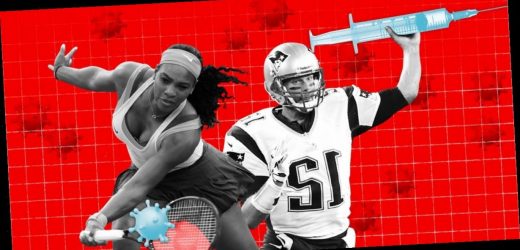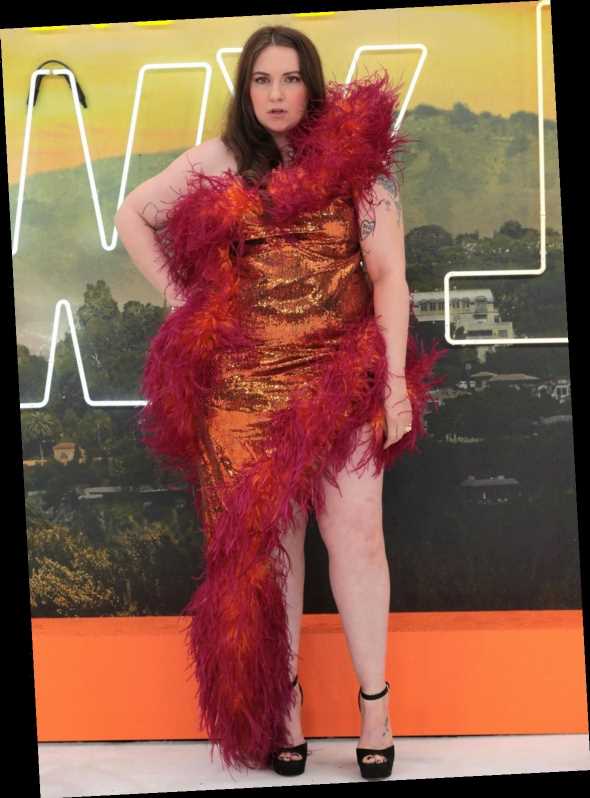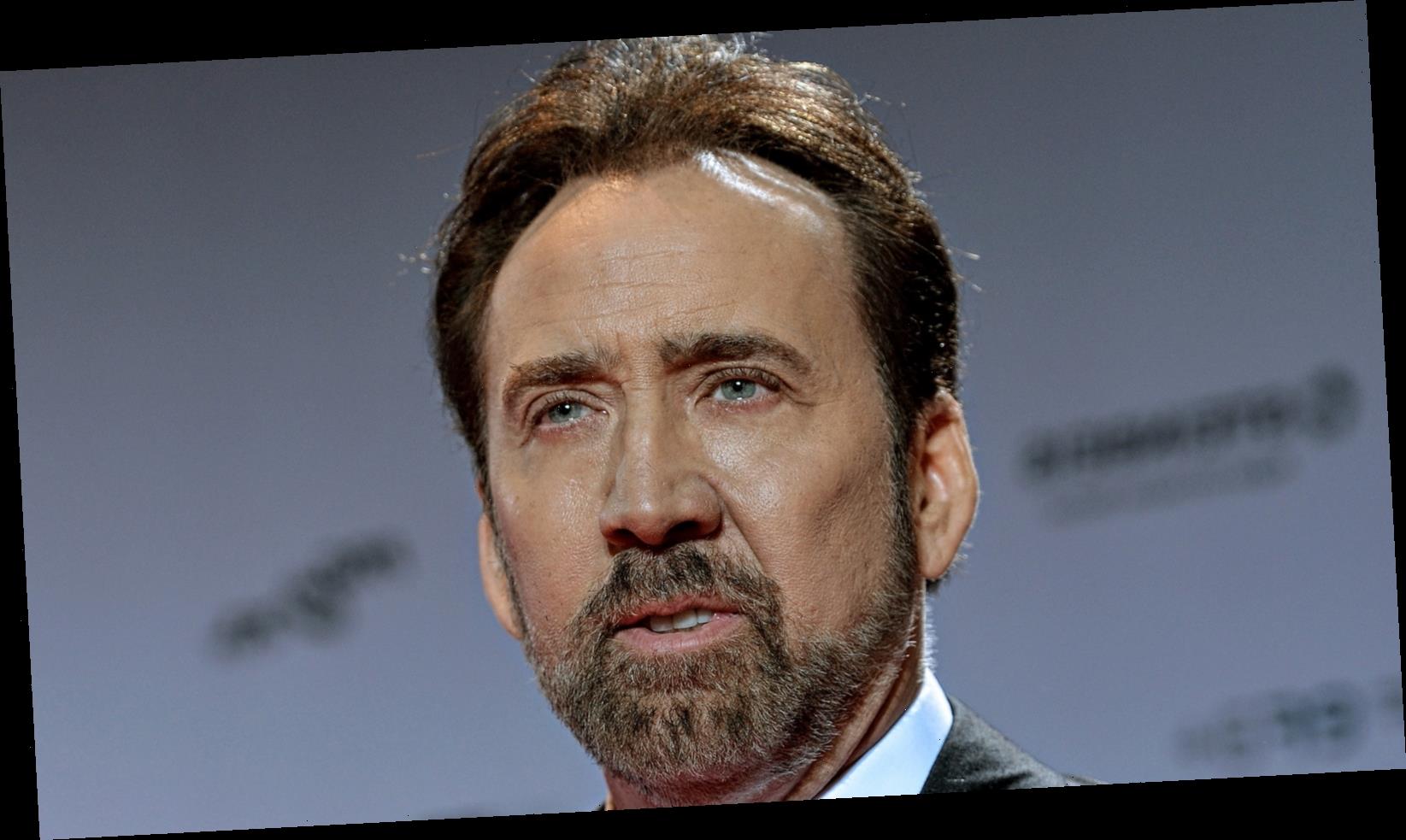- There’s concern coronavirus variants can partially evade vaccines made to target the original virus.
- But research suggests the parts of our immune system activated by vaccines can still fight variants.
- Experts say to think of vaccines like an elite athlete: They can dominate even when off their A game.
- See more stories on Insider’s business page.
For a while, Dr. Jeremy Faust struggled to put into words why he was not worried about COVID-19 variants rendering vaccines obsolete.
Faust, an emergency-medicine physician and instructor at Harvard Medical School, was loath to use data to explain his reasoning to nonscientists. Instead, he had a hunch that sports analogies might help people understand him a little better.
Recently, he came up with one comparison that seemed to resonate: Think of our COVID-19 vaccines as world-class athletes.
Even if Serena Williams or Tom Brady is not performing at their absolute best, even if they face a change in the game, and even if they face a strong opponent, they are still extraordinarily hard to beat.
Pfizer’s, Moderna’s, and Johnson & Johnson’s COVID-19 shots, which were all 100% effective at preventing hospitalizations and deaths in clinical trials of tens of thousands of people around the world, are kind of like the Williams or the Brady of vaccines.
Yes, viral variants are on the rise — some of which can evade virus-neutralizing antibodies. But make no mistake: These vaccines, like elite athletes, can still perform very well against them.
“If Serena Williams all of a sudden was 10% less effective than usual, or 50% less effective than usual, she would still kick everyone’s ass,” Faust, who is also the editor of Brief19, a daily review of COVID-19 research, recently told Insider on Clubhouse.
“So far, the variants have not rendered any of the vaccines useless,” Faust said, adding that like Williams or Brady, “they’re still quite impressive,” even when slightly less effective.
Fauci agrees: Vaccines are tough to beat, even for variants
Rob Carr/Staff/Getty Images
COVID-19 vaccines help our bodies prepare for the possibility of a future coronavirus invasion by teaching them how to fend off an attack from the original “wild-type” coronavirus.
Concerns that these shots could then be less effective against variants come from lab studies involving blood samples from vaccinated people, which showed that vaccinated people produced far fewer antibodies that could neutralize variants compared with the antibodies produced to combat the wild-type virus.
But Dr. Anthony Fauci, who spoke with Insider last week, stressed that drop wasn’t enough to render vaccines ineffective.
These authorized vaccines are also 66 to 95% effective at preventing sickness — far surpassing the US Food and Drug Administration’s 50% efficacy bar for COVID-19 vaccines, making consumers “spoiled,” some vaccine makers have suggested.
“Most people have high enough levels of antibody that even if you diminish it by several fold, we still have enough cushion effect to be able to block any issue of severe disease,” Fauci told Insider.
Like elite athletes, it would take a lot to overcome our highly effective COVID-19 vaccines
AP Photo/Steve Luciano
Scientists still don’t know precisely the amount of antibodies needed to keep us safe from a severe COVID-19 infection (just like we don’t know at what point a fatigued Brady or an injured Williams would cease to be some of the greatest athletes of all time).
But, like elite athletes, existing COVID-19 vaccines prompt such a high level of response to start with that even a little kick in the knees from some variants won’t completely stymie their efficacy, according to Alessandro Sette, an infectious-disease expert at the La Jolla Institute for Immunology in California.
“If you need a 10-foot wall to keep the virus out, and you start with a wall 100 feet high, even if the wall is reduced to 50 feet or 20 feet, it doesn’t really matter,” he told Insider.
Fauci has also said antibodies that are effective at combating the original virus can still partially work against variants — this is known as “the spillover effect.”
“It’s like you have a bug spray that is supposed to kill mosquitoes but might kill flies too, though maybe not as well,” Sette said.
Besides, that stark drop observed in neutralizing antibodies doesn’t happen against every variant. The variant first found in the UK, which is the one that is dominant in the US now, is “handled extremely well by the vaccines that are currently in use,” Fauci said.
Our T cells respond equally well to variants as they do to the original virus
Getty/Adam Pretty
Concerns over plummeting antibody levels also don’t take into account other parts of our immune response to the virus — namely killer T cells that identify and kill infected cells, as well as helper T cells that help B cells make new antibodies.
While antibodies stop infection, your body’s T cell response — which lasts at least six to eight months — can influence how severe that infection will be.
And there’s good news on the T-cell front: Two new studies found people who’ve recovered from the wild-type version of the coronavirus had T cells that could recognize worrisome variants.
Sette compares this phenomenon to people’s facial-recognition skills.
“Maybe I learn to recognize your face, then I meet your sister,” he said. “It kind of looks like you, so I say, ‘OK, that’s probably someone related.'”
One study — led by researchers at the National Institute of Allergy and Infectious Diseases, which Fauci directs — looked at blood samples from 30 people who’d gotten infected with the coronavirus before the emergence of the variants. It found that the patients’ T cells did indeed respond to the variants first identified in South Africa, Brazil, and the UK well enough to give protection.
Sette’s team reached the same conclusion. Its recent research found that after people recovered from the original virus, their T cells could respond to those three variants, as well as one first identified in Southern California.
The La Jolla researchers also looked at blood samples from people who’d gotten Pfizer’s or Moderna’s shots and found that their T cells responded just as well to the variants first found in the UK, Brazil, and Southern California as they did to the original virus.
In the case of the variant first found in South Africa, T-cell responses decreased by up to 33% but were still detectable. That indicates vaccines most likely prevent deaths and hospitalizations for cases involving variants, even if they’re not quite as effective against stopping infections by those strains.
The likeliest explanation for why the same set of T cells can recognize different variants, according to Fauci, is a phenomenon called cross-reactivity: Helper and killer T cells developed in response to a given virus are capable of reacting to a similar but previously unknown variant.
Top athletes can perform well even when the game changes. These COVID-19 vaccines are the same.
AP Photo/Chuck Burton
Great athletes can still perform relatively well when the game changes.
LeBron James was training for the NFL during the NBA’s 2011 lockout. Michael Jordan played baseball after initially retiring from the NBA in 1993 (albeit, not nearly as well), and he’s got a decent golf game, too.
The only problem when it comes to the performance of our vaccines is: We just don’t quite know where their limits might lie.
“I worry more about the next variant than the current ones,” Faust said.
There may someday be some variant that will pack a wallop to our authorized vaccines, which would make booster shots essential.
But until then, the human body, when primed by a COVID-19 vaccine, seems a lot like an elite athlete: tough to compete against, even when some new, somewhat unfamiliar opponents (like viral variants) arrive on the scene.
Healthcare Explained:
Telehealth Industry
Value-Based Care
Senior Care & Assisted Living Market
Medical Devices & Wearable Tech
AI in Healthcare
Remote Patient Monitoring
Get the latest coronavirus business & economic impact analysis from Business Insider Intelligence on how COVID-19 is affecting industries.
Source: Read Full Article


